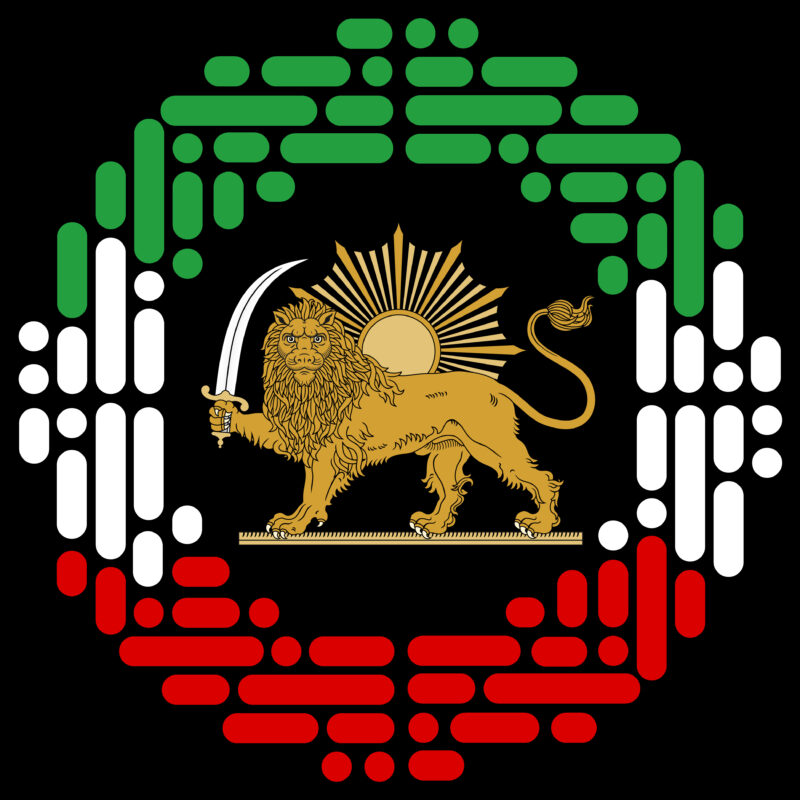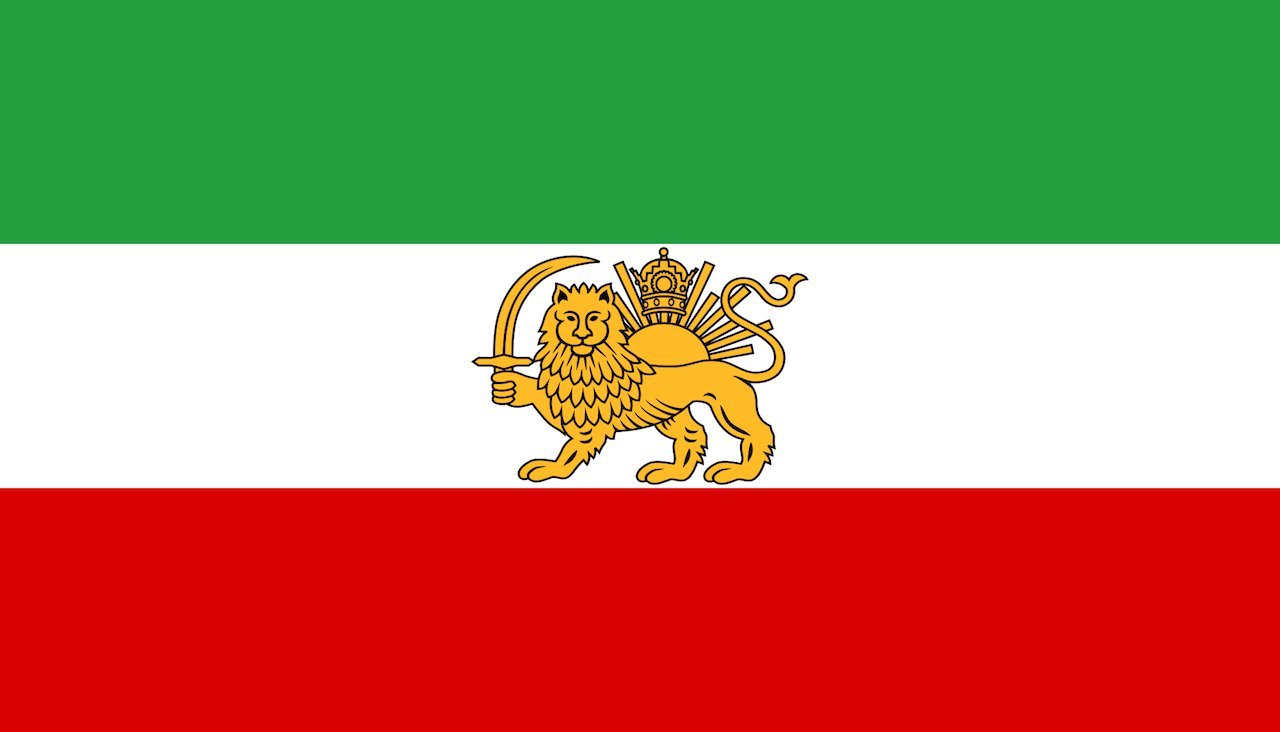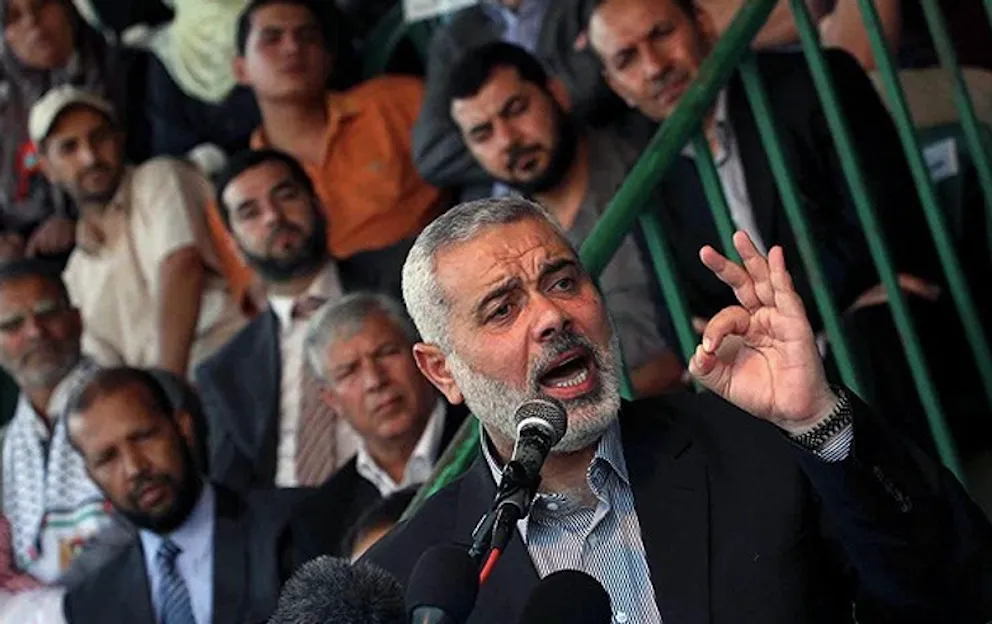On Wednesday, August 10, 2583 (according to the Iranian calendar), news agencies reported that at approximately 2 AM, a “missile from the sky” (according to the Fars News Agency) hit a dormitory, killing Ismail Haniyeh, the leader of the terrorist group Hamas, and one of his bodyguards.
Iranian authorities, as usual, blamed Israel for the attack, issuing threats of a “harsh punishment” in response. However, based on previous experiences, we can predict the following reactions from the regime:
- The regime will likely respond to this attack, regardless of who was responsible, by targeting the people of Iran. They will find no “shorter wall” than that of the Iranian people, as if Ismail Haniyeh’s death is their fault. The government may declare martial law in certain cities and deploy military patrols and undercover agents in high-traffic areas. They will use Haniyeh’s death as a pretext to launch a new wave of arrests, targeting young men, women, activists, and members of the press. In response to Haniyeh’s death, the regime has already warned the media and activists against spreading “false information” and “disturbing the public peace.”
- The attack on Ismail Haniyeh, a beloved “guest” of the regime and a leader of the so-called “resistance movement,” is more significant for its symbolic value than the physical damage caused by the missile. The explosion exposed the regime’s false claims of “authority” and revealed the true extent of its helplessness in the face of real enemies. The government has not even figured out where the missile came from or how it was launched. To cover its embarrassment, the regime will likely arrest dual nationals, accusing them of “connections with Zionism,” in an attempt to restore its wounded “authority.”
- Some analysts believe that this attack is part of a broader power struggle in the Middle East, with implications for Russia, the U.S., and Israel. The continued chaos in the region may benefit Russia by reducing Western military pressure. If this analysis is correct, it suggests that the Islamic Republic’s enemies are more capable than its allies, including Russia and China, who have shown little interest in helping Iran during critical times.
Although the regime’s security forces are failing to protect their leaders, they still possess the power to suppress grassroots movements. Patriotic forces and freedom fighters must remain vigilant and not underestimate the regime’s ability to retaliate. Nationalists should continue to support the struggle, encourage the spirit of resistance, and participate in protests and support for political prisoners and their families.
Down with the Islamic Republic! Long live the democratic revolution led by Crown Prince Reza Pahlavi! Long live the Monarchy of Iran!
The Royalist Association
August 10, 2583 (1403 in the Iranian calendar)



 فارسی
فارسی